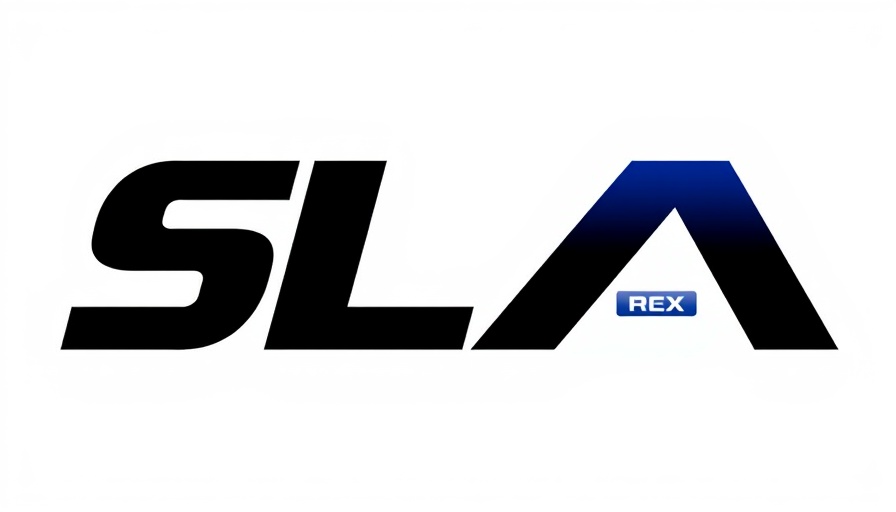
The EAC's Financial Crisis: A Structural Problem
The East African Community (EAC) stands at a critical juncture as it navigates a dire financial crisis exacerbated by significant delays in budget contributions from its member states. With a backlog exceeding $62.4 million for the 2024/25 financial year, the EAC has found itself in a precarious position. Notably, Kenya is the sole country to have fulfilled its financial obligations, contributing its required $7 million. In contrast, states such as Burundi and South Sudan have only managed marginal payments, with substantial arrears still owed.
Breaking Down the Financial Impacts on Development
These financial shortfalls have led to the suspension of essential programs and salary delays for EAC Secretariat staff. Programs that are crucial to regional integration and development have been stymied by this cash crunch, reflecting a larger trend of fiscal instability within the region. The East African Legislative Assembly has been particularly impacted, pulling the brake on legislative progress across the bloc.
Political Ramifications: Internal Pressure for Compliance
Calls for sanctions against the lagging partners rise as frustrations mount. Officials like Rebecca Kadaga, Uganda's First Deputy Prime Minister, emphasize the disproportionate burden borne by the ‘contributing quartet’ of Kenya, Tanzania, Uganda, and Rwanda. A proposed shift in policy, advocating for adherence to African Union sanctions regarding financial defaults, seeks to ensure commitments are met moving forward. This approach could establish a precedent for better compliance, vital for EAC's functioning. However, previous attempts to enforce similar measures encountered resistance, highlighting the diplomatic complexities of the bloc.
A Broader Economic Perspective: The EAC Within Global Trends
The fiscal woes of the EAC do not exist in isolation. They are reflective of broader economic challenges facing East Africa, influenced by factors such as food insecurity, rising inflation, and the impact of global economic shifts, including consequences from the Ukraine conflict. As seen in recent budget presentations across the region, finance ministers project optimism while simultaneously acknowledging impending fiscal pressures that could jeopardize growth potential.
Conclusion: A Call to Action for EAC Reform
The EAC needs urgent reforms to avert crippling defaults and assure an integrated market that aligns with its ambitions. Stakeholders must advocate for transparency in financial accountability while reinforcing collaborative mechanisms to uplift every member state. Without timely actions, the community risks losing credibility and, by extension, its influence on the continental stage. It is imperative that investors and policymakers not only monitor the situation closely but actively support reform initiatives that can stabilize the EAC's economic framework.
 Add Row
Add Row  Add
Add 


Write A Comment